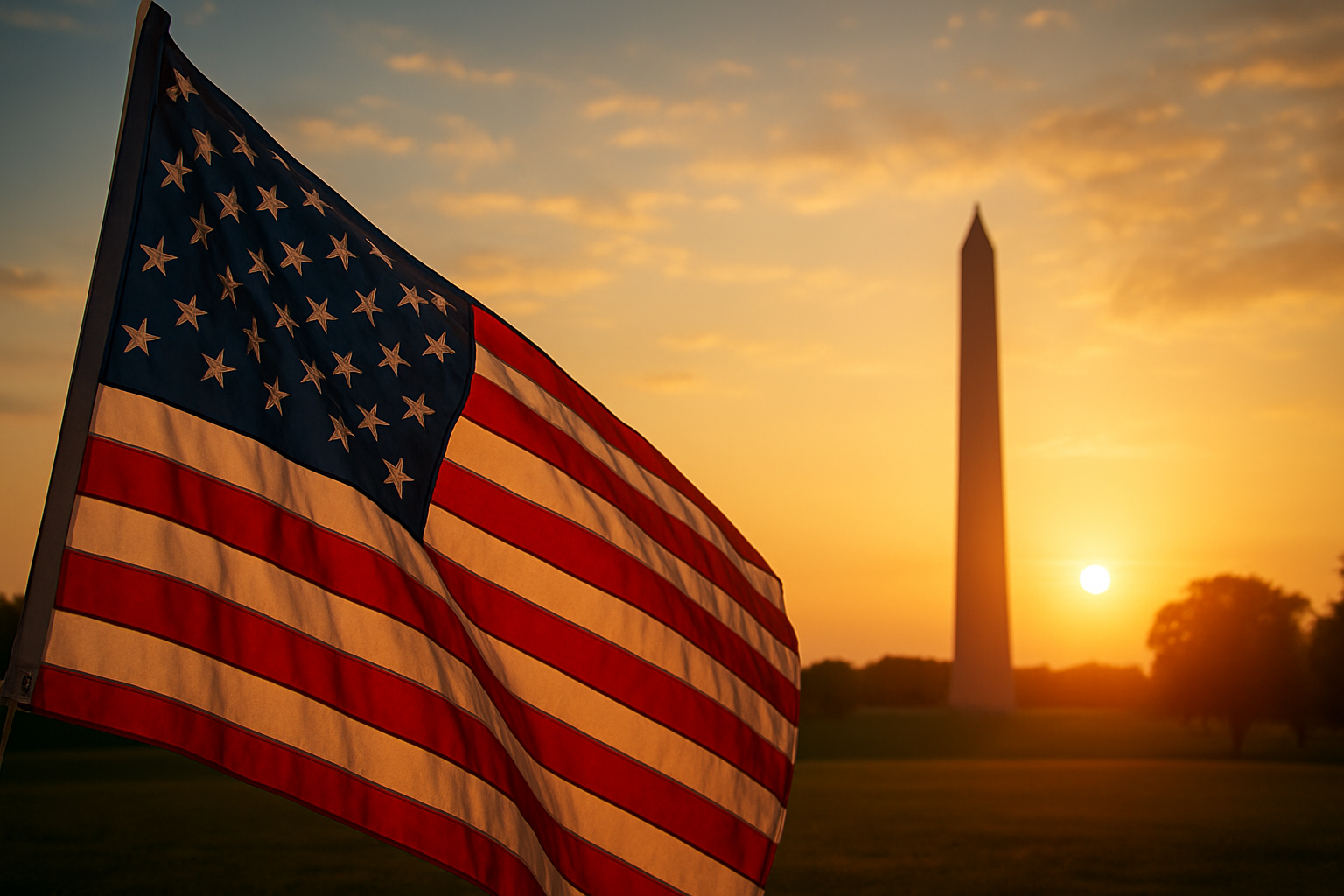The Nation Pauses To Honor Service Understanding Veterans Day Closures And History
Each year, the United States takes a moment on November 11th to recognize the profound sacrifices made by millions of men and women in uniform. This day, known as Veterans Day, is a federal holiday that prompts a significant halt in government and banking services, even as most of the consumer economy continues its daily rhythm.
Understanding which institutions close and which remain open on Veterans Day requires knowing its status as a federal observance. Unlike Christmas or Thanksgiving, which prompt near universal shutdowns, this holiday primarily impacts official government functions while leaving most private sector operations running.
The Status Of Essential Services
Veterans Day is an official federal holiday, which governs the operational status of all federal agencies and their related services.
Government and Postal Services
Federal government offices are closed on Veterans Day. This includes:
- The United States Postal Service (USPS): Post offices nationwide are closed, and there is no regular mail delivery. This closure is firm for all federal holidays.
- Federal Agencies: Offices for Social Security, the Internal Revenue Service, and other federal departments are not open for business.
- State and Local Government: Most state and local government offices, including departments of motor vehicles and public libraries, typically observe the federal schedule and are closed.
Financial Institutions
Most major banks, operating under the Federal Reserve system, treat Veterans Day as a non business day.
Banks: The vast majority of national and community banks are closed, meaning physical branches are not open for over the counter transactions. Automated Teller Machines and digital banking services, however, remain accessible.
-
The Federal Reserve: The nation’s central bank is closed, meaning there is no processing or settlement of financial transactions on this day.
The Stock Market
In contrast to many other federal holidays, the nation’s primary trading platforms remain open for business.
Stock Exchanges: The New York Stock Exchange and the NASDAQ Stock Market operate on a regular schedule. This is a key distinction from holidays like Memorial Day or Labor Day, when the markets close entirely. The trading of stocks, bonds, and other securities proceeds as normal.
Retail and Commerce
The holiday typically serves as a day of increased commerce, not closure.
Retail Stores and Grocery Stores: Most large chain stores, department stores, and grocery stores remain open and often run special sales and discounts to honor both veterans and the holiday.
-
Restaurants: Restaurants and other food service establishments remain open and may offer special deals or free meals to veterans and active service members.
Education
Public Schools: Most public elementary, middle, and high schools are closed, as their calendars often align with federal holidays.
-
Universities: The status of colleges and universities varies. Some observe the day fully, while others hold classes and special ceremonies simultaneously.
The Deep Significance of Veterans Day
To understand the rhythm of closures and activity on November 11th, one must look to the history and profound meaning of the holiday itself. Veterans Day is not simply a day off; it is a solemn tribute to the patriotism, sacrifice, and willingness of American veterans to serve for the common good.
From Armistice to Veterans Day
The holiday’s origins trace back to the end of World War I. The fighting between the Allied nations and Germany formally ceased with the signing of an armistice, or temporary peace agreement, on November 11, 1918. The cessation of hostilities occurred precisely at the eleventh hour of the eleventh day of the eleventh month.
One year later, in 1919, President Woodrow Wilson proclaimed the first commemoration of Armistice Day. He called for the observance to be filled with reflection, solemn pride in the heroism of those who died in the country’s service, and gratitude for the victory. The day was marked by parades, public meetings, and a brief suspension of business at 11:00 am.
Congress officially made the day a legal holiday in 1938, dedicated to the cause of world peace and honoring World War I veterans.
A Broadened Purpose
The purpose of the holiday expanded significantly following World War II and the Korean War, which involved millions of new Americans in military service. In 1954, at the urging of veterans service organizations, Congress amended the 1938 act by striking the word “Armistice” and inserting the word “Veterans.”
President Dwight D. Eisenhower issued the first Veterans Day Proclamation later that year, calling upon all citizens to observe the day as one dedicated to the cause of world peace. The newly renamed holiday was now dedicated to honoring all American veterans of all wars and periods of service, distinguishing it from the narrower scope of the original Armistice Day.
The Uniform Holiday Act Interruption
A brief period of confusion occurred in the 1970s following the passage of the Uniform Holiday Bill in 1968. This law sought to ensure three day weekends for four federal holidays, including Veterans Day, by moving them to the nearest Monday. The first such Monday observation of Veterans Day occurred in 1971.
However, the change was met with widespread dissatisfaction. Many states and veterans groups continued to observe the holiday on its historical date of November 11th, feeling that the precise significance of the 11 11 11 timing was lost. In 1975, President Gerald R. Ford signed a law that returned the holiday to its original date of November 11th, starting in 1978.
Importance and Distinction
Veterans Day holds an importance that is distinct from the two other major military observances in the United States.
Memorial Day is observed on the last Monday of May and is specifically dedicated to honoring those who died while serving in the US Armed Forces. It is a day of deep mourning and remembrance.
-
Armed Forces Day is celebrated on the third Saturday in May and honors those currently serving in the military.
-
Veterans Day is a day to honor all living or deceased veterans who have served the country honorably during war or peacetime. It is a day of celebration, thanks, and respect for their service, sacrifice, and devotion to duty.
The continuation of certain sectors, like the stock market and retail, on Veterans Day highlights a national balance. The country pauses its governmental and core financial functions to formally honor those who have served, yet maintains its economic engine, reflecting a nation that both remembers its past and looks to its future. The most important activity of the day remains the countless ceremonies, parades, and personal moments of thanks offered across the country to those who earned the title “veteran.”





